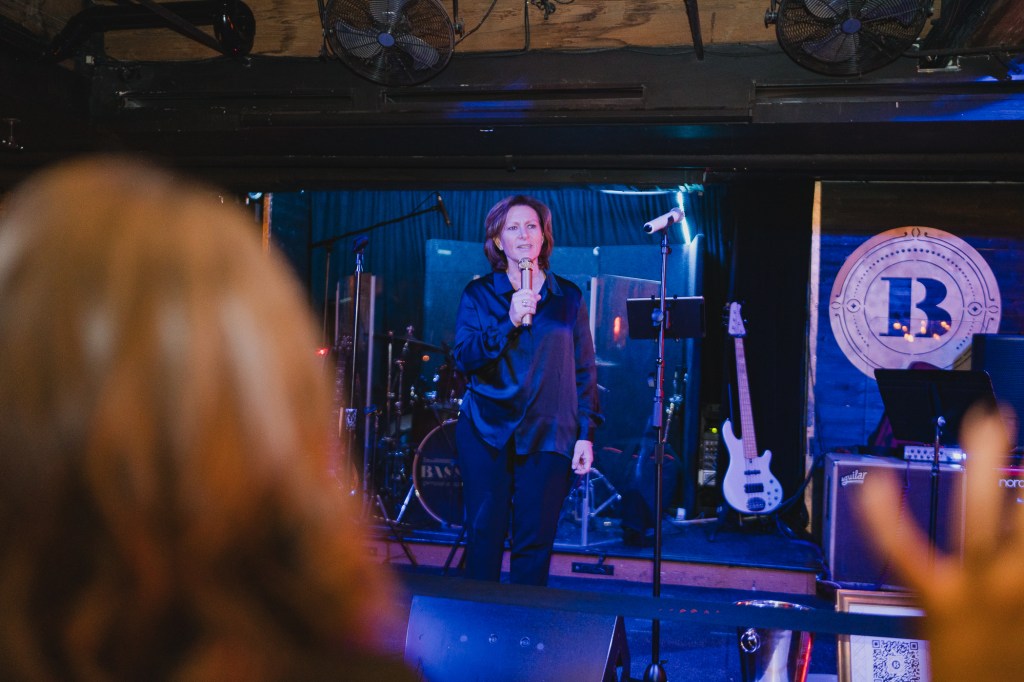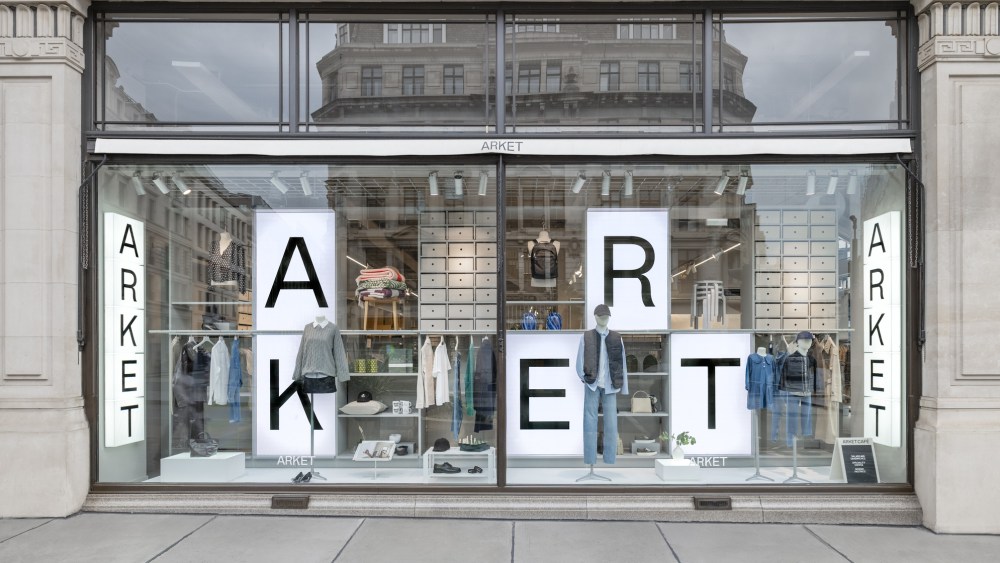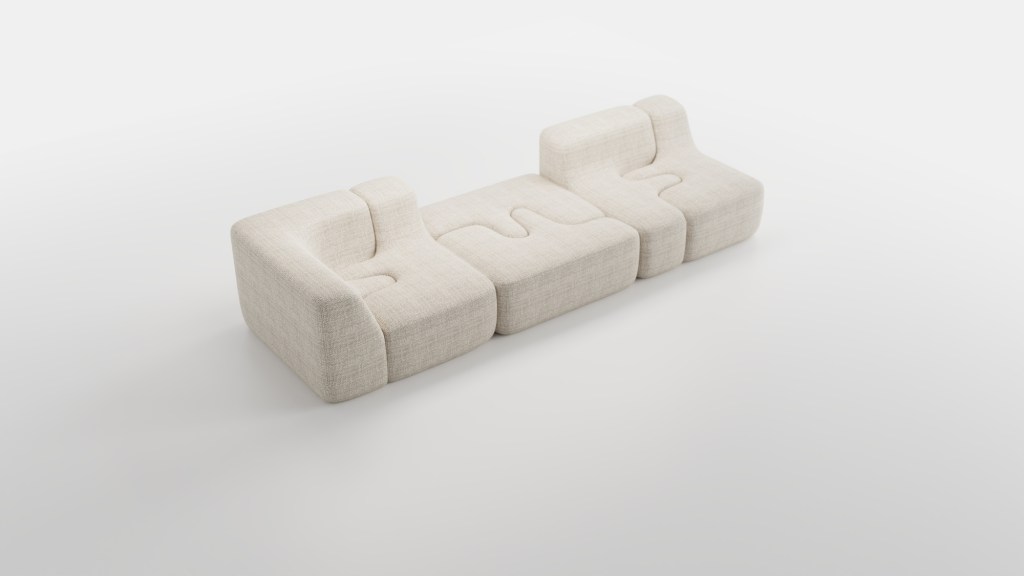Erica Di Giovancarlo has lived all over the world during her lengthy career at the Italian Trade Agency. From Mumbai and New Delhi to São Paulo and most recently Tokyo, she has immersed herself in the culture of each city as she worked to raise the visibility — and exports — of her home country.
And now, Di Giovancarlo has made the move to the U.S., where she has assumed the role of Italian Trade Commissioner. She landed in the States from Asia on Jan. 15 and is settling into New York, which will be her home for at least the next three years.
One of her first official duties was to attend the Chicago Collective, where she took the opportunity to introduce herself to the fashion industry during the ITA’s biannual party during the menswear trade show. This year’s event was at a speakeasy called the Bassment where attendees had to be admitted through a secret door to an underground nightclub.
At the party, Di Giovancarlo said the presence of 62 Italian brands at the trade show represented an “important moment for Italian fashion and menswear.” And while the Collective was an opportunity for these brands to begin to sell specialty stores from around the country, it wasn’t all about order books. As she told the crowd as she raised a glass: “After a few days of business meetings, it’s nice to relax with good wine and good food.”
Earlier in the day, Di Giovancarlo was on the trade show floor checking out the action.
“I just came from Japan and it’s a radical change,” she said. “But I like to see different countries and markets and I’m very passionate about my work.”
She said her approach to her job is to “reset my mind” as she arrives in different cities. “From one side of the world to the other, there are different countries, cultures and climates. It’s all very interesting to me.”
She said her first order of business once she arrives in a new city is to learn the language. She’s fluent in English along with four other languages, she said. (She counts herself as partially fluent in Japanese since it was tough for her to master.) “Language is a big barrier,” she said of Japan. “Their traditions are so different from ours, but it’s also charming. Everyone is so respectful and polite.”
While that may not always be the case in America, Di Giovancarlo is unconcerned. “What I appreciate here is that everyone is so active all the time,” she said. “And the country is open — any idea you have you can put into practice.”
She intends to spend the first year absorbing the market and getting immersed in all the categories the ITA oversees. The organization has five offices in the U.S.: in New York as well as Chicago, Los Angeles, Miami and Houston. The head office in New York oversees fashion, cosmetics, wine and agriculture, while Chicago is in charge of technology. Los Angeles is the office for innovation, Miami for design and furniture and Houston for aerospace. Each office is run by an Italian management team but supported by American experts in each specialty. “They are our strength,” she said.
In total, she said the U.S. market is the most important for Italy and represents its strongest export partner. In the fashion sector, the country sees the most strength in men’s and women’s apparel, but shoes are continuing to gain in importance. Leather goods are also popular.
Her goal, she said, is to increase the number of exports from Italy to the U.S. and she will work with the brands to fulfill the needs of today’s consumer. “During the pandemic, the trends and the way of dressing changed,” she said. As things shifted to be more casual, Italian companies need to address that demand, along with the move toward wellness. “We’re more careful in what we eat and drink and we’re dressing more comfortably,” she said.
Di Giovancarlo is the first woman to serve as the Italian Trade Commissioner, an accomplishment she’s proud of. “At last,” she said with a smile. She said that women as a rule are not interested in power but instead are focused on the job at hand. And for her, that job will include not only the macro role of promoting Italian companies but also organizing training courses for local businesses so they better understand the culture, cuisine and clothing that her home country is known for.
At the same time, the organization will host nine accelerator programs for Italian start-ups this year in order to help guide emerging brands to success and help them find investors. The start-ups are in different industries, including fashion and even pharmaceuticals.
And she also hopes to host more events like that the one at Bassment in Chicago. “It’s a good way to help our exhibitors get to know the local environment and buyers and build relationships,” she said. “Sometimes you make a better deal with a good glass of wine when you’re more relaxed.”



